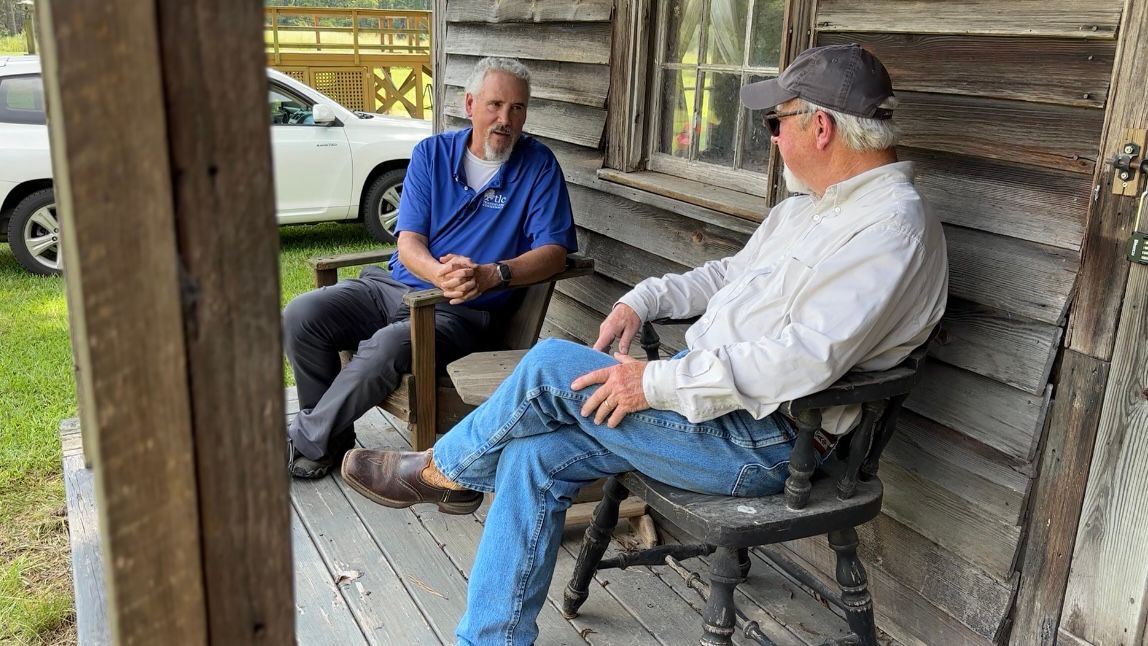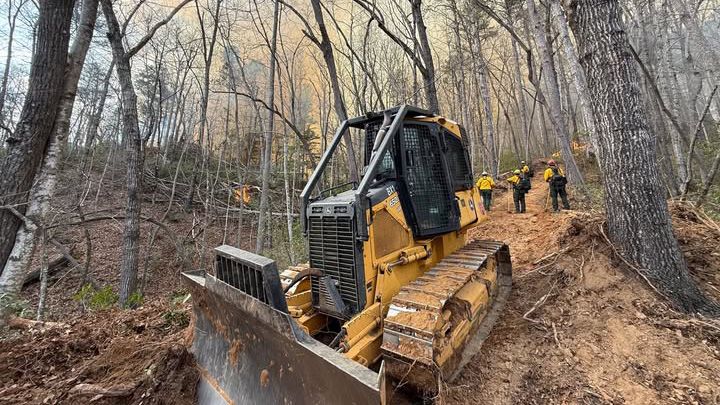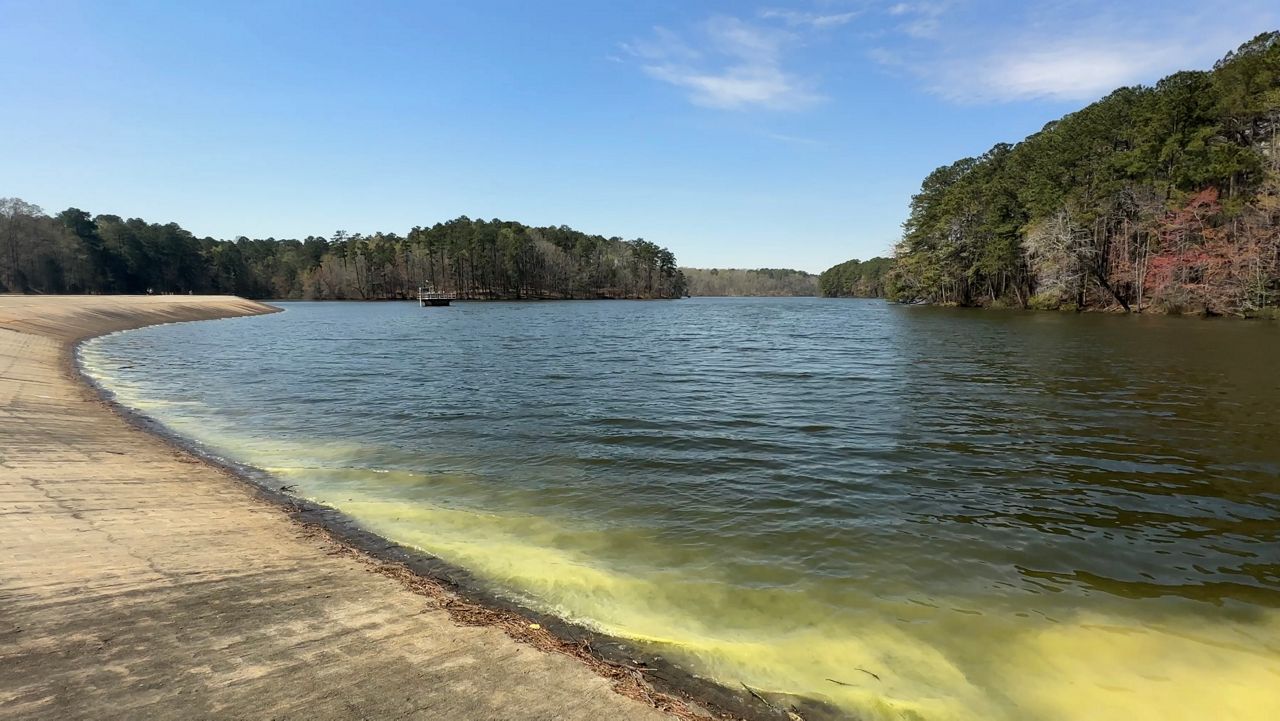RALEIGH, N.C. — Rapid development in North Carolina means land is being lost at an alarming rate, but a tax incentive is returning in 2025 that conservationists hope will reverse the trend.
Starting Jan. 1, a conservation tax credit comes back into play for the first time in more than 10 years in North Carolina, allowing landowners to receive a tax credit up to 25% of their property value, a crucial incentive to the expensive conservation process.

Bo Howes, the director of land protection and stewardship with Triangle Land Conservancy, said the organization generally can’t match a developer’s money and while the reinstated program is slightly different this time, it still has the same fundamentals.
“There's a great deal of urgency for landowners who have been on this land for a while and are concerned about the development pressures primarily,” Howes said.
John Narron is a landowner who contacted Triangle Land Conservancy to place his property in a protective easement just a few years before the tax credit expired. His property is home to an old Native American fish weir, a former general store and railbeds from an old timber company.
“You have to just love the land like it is and don't want to see houses on it,” Narron said. “So those trees will be there till the lightning brings them down.”
The decline in conservation came at a time when open space is rapidly disappearing across the state. Narron and Howes know many landowners who have been eagerly awaiting the return of this incentive to donate their property to protective easements.

“Ride down Highway 96 from Selma to Zebulon and you'll see a subdivision about every quarter mile, a half mile, and that has happened in the last 15 years,” Narron said.
North Carolina’s conservation income tax credit was first created in 1983 and in 30 years of the program, about 238,000 acres of land were conserved.
“In 2013, when that program ended, we did as many projects that year as we had done in the prior, I think, four years combined,” Howes said. “For many people, it's the kind of last piece of enticement that really makes it worthwhile for them to do.”
The reinstated tax credit was part of the 2024 Farm Bill, signed into law by Gov. Roy Cooper, who said:
“The conservation tax credit I proposed in my budget and passed into law with this bill will help us reach the goal I set of permanently conserving one million new acres of natural lands by 2040. Protecting forests, wetlands and farmlands makes us more resilient to climate hazards, reduces carbon in our atmosphere, promotes military readiness and supports local economies.”
As of now, the credit is approved through 2027.












